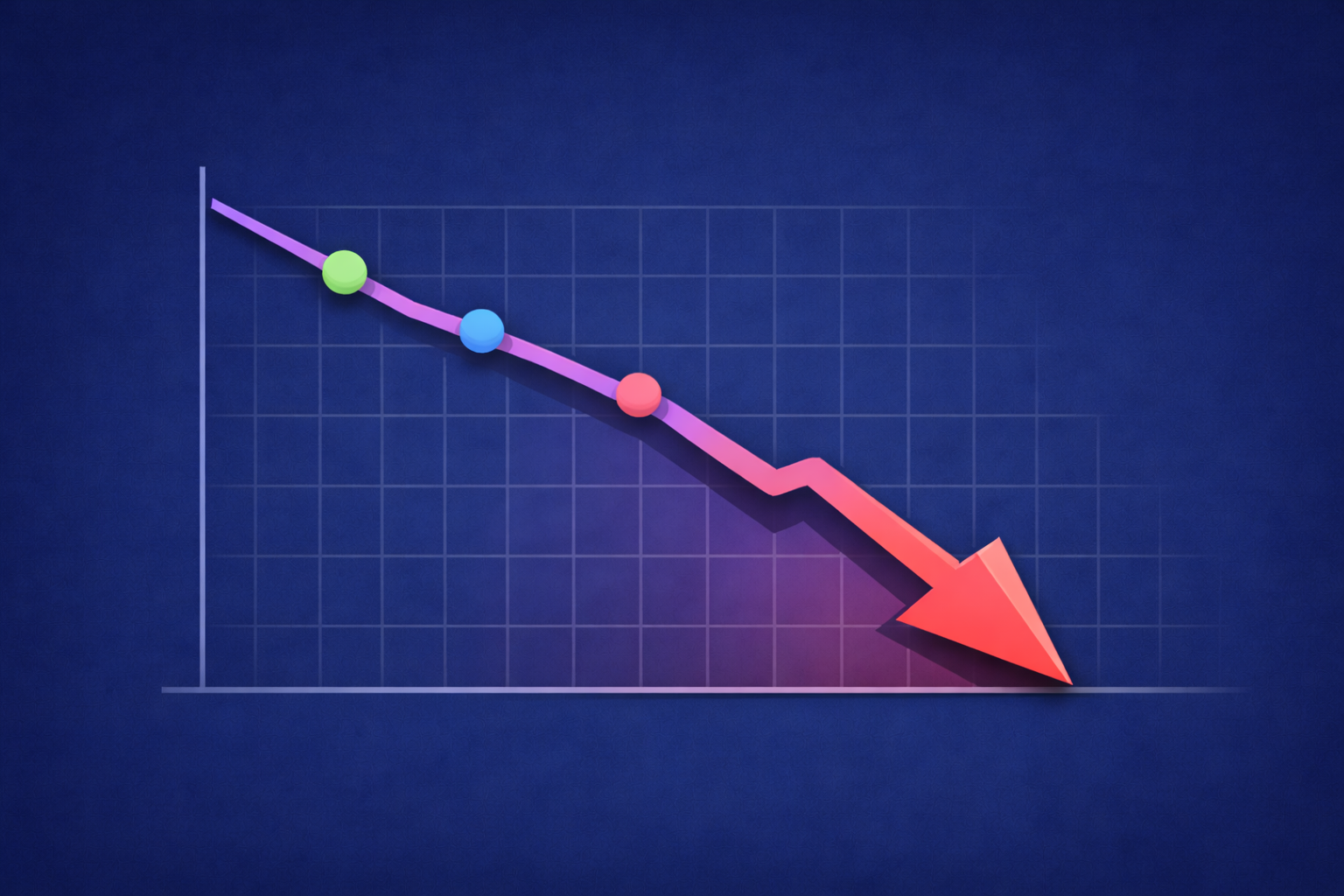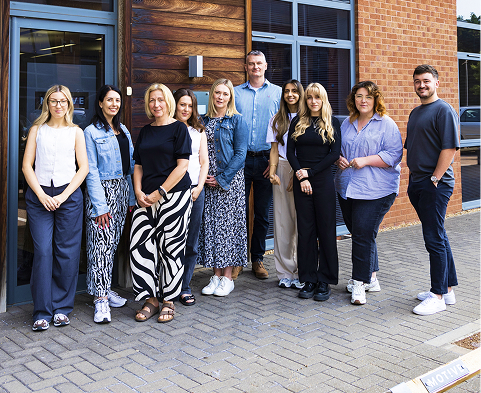It’s a question we get asked time and time again - why are links important? How can they help my website and my brand more generally? How can we increase the number of links to our domain? And do nofollow links actually count for anything?
As an agency specialising in digital PR, backlinks are an integral part of what we do day in, day out, so if you’ve found yourself asking these questions, you’re in the right place! Every story we pitch, every media comment we offer and every product we get featured aims to generate a link back to your website. At the very least you’ll get a brand mention, and both are vital to a successful SEO (search engine optimisation) strategy.
What’s in this article:
- How do links impact SEO?
- How does digital PR generate backlinks?
- What are the different types of backlinks?
- Key takeaways
How do links impact SEO?
Google’s algorithms are complex and constantly evolving, but the goal remains the same: to retrieve data from its search index and present the most relevant results for a user’s query. So if you sell products or offer services online, ranking high for important keywords is essential – with page one of Google being the Holy Grail for visibility and traffic!
Backlinks are essential to this process, and 85% of SEO professionals believe link building plays a crucial role in establishing brand authority and trust. What we mean by ‘backlinks’ is when a website embeds a link to another website in its content. Search engines like Google, Microsoft Bing and DuckDuckGo view these as a signal of credibility and authority. When a reputable site links to your content, it acts like a vote of confidence, suggesting that your content is valuable and relevant.
.jpeg)
However, not all backlinks are created equal, and generally quality matters more than quantity. Links from authoritative, trustworthy sites will have a much more significant impact on your SEO than a large number of low-quality links. In fact, having a lot of poor-quality backlinks from spammy or irrelevant sites can actually hurt your rankings! News sites are highly authoritative and trusted by search engines, so receiving backlinks from them boosts your website’s credibility and significantly improves your rankings, and this is where digital PR comes in as it can help you earn that type of link.
Building backlinks is a vital part of any SEO strategy and helps to improve your site’s visibility, credibility, and overall rankings in search results. But it’s important to focus on earning them rather than buying them, and you can do this by creating high-quality content that others (like journalists!) naturally want to use and reference.
How does digital PR generate backlinks?
We’ve been building links for years, and like all PR, success comes from telling a compelling story, pitching it effectively, and securing valuable media coverage that results in backlinks. However, there’s more to it than just crafting a good pitch. The real challenge lies in creating a story that resonates with journalists, appeals to their readers, and includes a natural reason for them to link back to your site.
Digital PR campaigns often focus on creating content that is timely, relevant, and newsworthy. This could include research studies with unique datasets, surveys, or infographic and interactive elements that provide valuable insights. Journalists are more likely to link to original research that adds value to their articles, making your content a go-to resource.
.jpeg)
Our creative approach at Motive PR really comes into play when it comes to improving the chances of winning a link. There are a number of techniques we consider:
1. Hosting research on the client's site which provides the journalist and reader more information on a story is usually a great reason to link.
2. Create graphics / infographics to support a story and / or video content.
3. Create blog content for the client’s site using some of the same information from a press release in a different format - giving the journalist a reason to link back.
4. Offer a free tool (it has to be genuinely useful, though!)
5. Provide a comment on a trending / relevant topic.
6. If you are a trusted spokesperson and source for a news article or feature, the site is more likely to link to you.
You can see real examples of our approach to links by downloading our greatest hits.
What are the different types of backlinks?
There are two main types of backlinks we aim for when coming up with ideas and creating digital PR campaigns: follow and nofollow links.
Follow links
A follow link, also known as a dofollow link, is a type of backlink that tells search engines to pass SEO value or “link juice” from the linking site to the linked site. So this type of link directly impacts your search engine rankings. The more credible the linking site, the better it is for your backlink profile. Securing follow links from authoritative websites like the BBC, The Guardian, or Mail Online can significantly boost your SEO.
Nofollow links
A nofollow link includes the HTML attribute (rel="nofollow") that instructs search engines not to pass SEO value to the linked site. While nofollow links don’t pass “link juice” or affect rankings directly, they can still be valuable and they’re not harmful in any way. Google might not crawl these links, but they can still drive traffic and increase brand visibility, so they do still provide some value. Google Search Advocate John Mueller summarised it pretty well when he said “[a nofollow link] can still be good for your site because it brings good visitors, who might convert on your site, or who might recommend it later.” Plus, the algorithm can still detect the presence of these links, contributing to your site’s perceived authority.
It’s important to have a natural mix of follow, nofollow, and brand mentions to avoid penalties from Google. A diverse backlink profile appears organic, which Google values highly, while paid or spammy-looking links could result in penalties, harming your SEO.
We have previously shared insight into just how many links your business’s site needs, you can find out more here.

Key takeaways
Importance of backlinks
Backlinks are a critical part of SEO as they signal to search engines like Google that your website is credible and valuable. Quality backlinks from authoritative sources, like high DR news sites, can significantly boost your site’s rankings and credibility.
Role of digital PR in link building
Digital PR helps earn these valuable backlinks by creating newsworthy, relevant, and compelling content that appeals to journalists and audiences. Tactics like original research, infographics, tools, and expert commentary increase the likelihood of gaining media coverage and backlinks.
Types of backlinks
There are two main types of backlinks: follow links (which pass SEO value, improving rankings) and nofollow links (which don’t pass SEO value but can still drive traffic and visibility). A balanced mix of follow and nofollow links is important for an organic backlink profile.
To find out more about how digital PR and link building can help your business, please get in touch.




.jpg)
.jpg)

.jpg)

